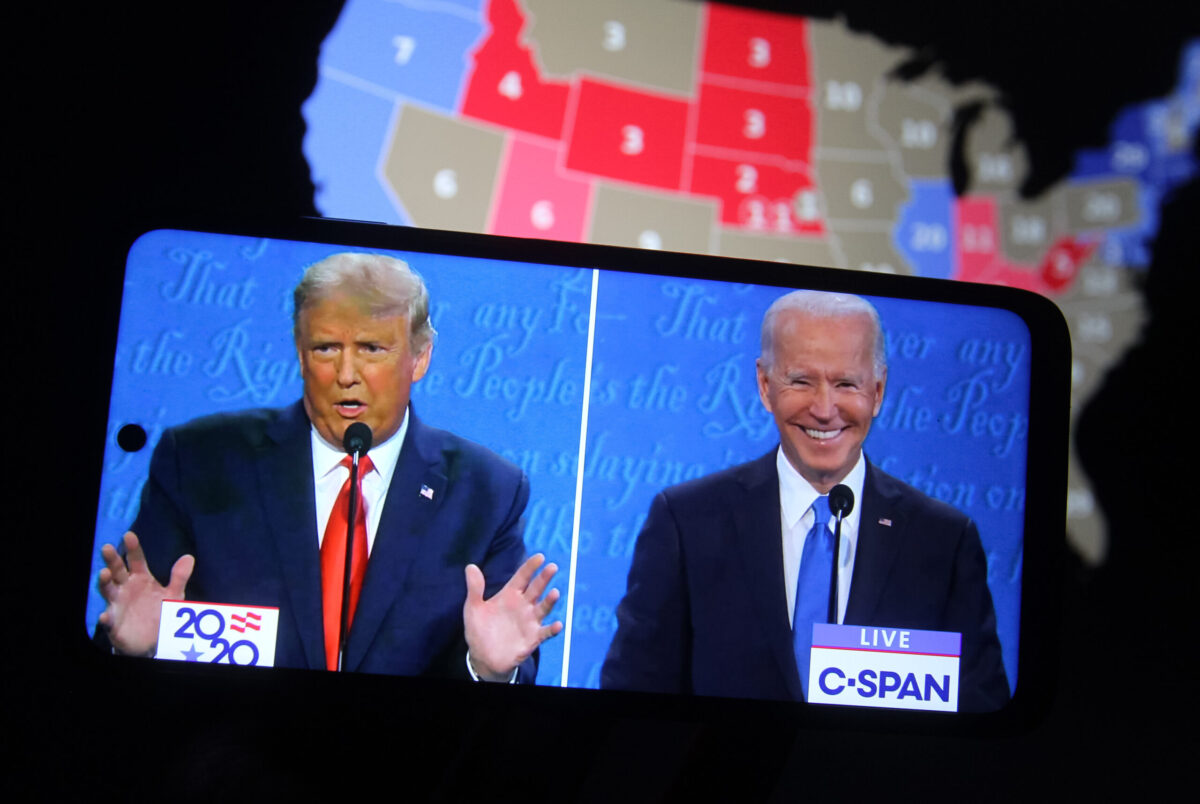Supreme Court rules against 27-year sentence for gun possession.
Supreme Court Upholds Conviction in Landmark Gun Case
The Supreme Court issued a groundbreaking 6–3 ruling (pdf) on Thursday, affirming that a man’s conviction on gun charges cannot be overturned. This decision comes in response to a recent high court ruling that raised doubts about the validity of the conviction.
The Case of Marcus DeAngelo Jones
Marcus DeAngelo Jones was sentenced to 27 years in prison for violating a federal law aimed at preventing felons from possessing firearms. Jones argued that his conviction should be reconsidered following a 2019 Supreme Court decision, which stated that prosecutors must prove that individuals charged with violating federal gun laws were aware of their ineligibility to possess a weapon.
Notably, the six justices who ruled against Jones were appointed by Republican presidents, while the three who ruled in his favor were appointed under Democratic administrations.
Jones’ Arguments and Constitutional Concerns
In his defense (pdf), Jones claimed that his prior felony conviction had been overturned when he purchased the firearm, rendering his conviction invalid under the 2019 ruling. He also argued that no federal law criminalized his possession of a gun since he was unaware of his felony conviction.
His petition stated, “Jones’s incarceration… poses constitutional concerns. His claim challenges the court’s jurisdiction. This Court has long recognized that a federal court lacks jurisdiction when it convicts and sentences a defendant for conduct that Congress has not deemed criminal.”
Despite Jones’ efforts to reopen his case after the 2019 decision, a federal appeals court ruled against him. It is important to note that the issue at hand is technical and revolves around when defendants can present their claims in court, rather than the specifics of Jones’ case.
The Supreme Court’s Ruling
Justice Clarence Thomas, writing for the court, stated that individuals who have exhausted their appeals do not have the right to another day in court solely based on a more favorable interpretation of statutory law after their conviction has become final.
Thomas explained that only two instances, newly discovered evidence or the court’s new interpretation of a constitutional provision, allow for a second case under a 1996 federal law intended to limit federal appeals. While most federal appeals courts would have allowed Jones to reopen his case, Thomas argued that these decisions circumvented the 1996 law, known as the Antiterrorism and Effective Death Penalty Act.
U.S. Supreme Court building in Washington on June 7, 2023. (Madalina Vasiliu/The Epoch Times)
Dissenting Opinion
Justice Ketanji Brown Jackson dissented, expressing concern that this ruling, along with other recent limitations on appeals imposed by the court, has transformed a statute designed by Congress to provide a rational and orderly process of federal post-conviction judicial review into a futile and chaotic exercise.
“I am also d
" Conservative News Daily does not always share or support the views and opinions expressed here; they are just those of the writer."





